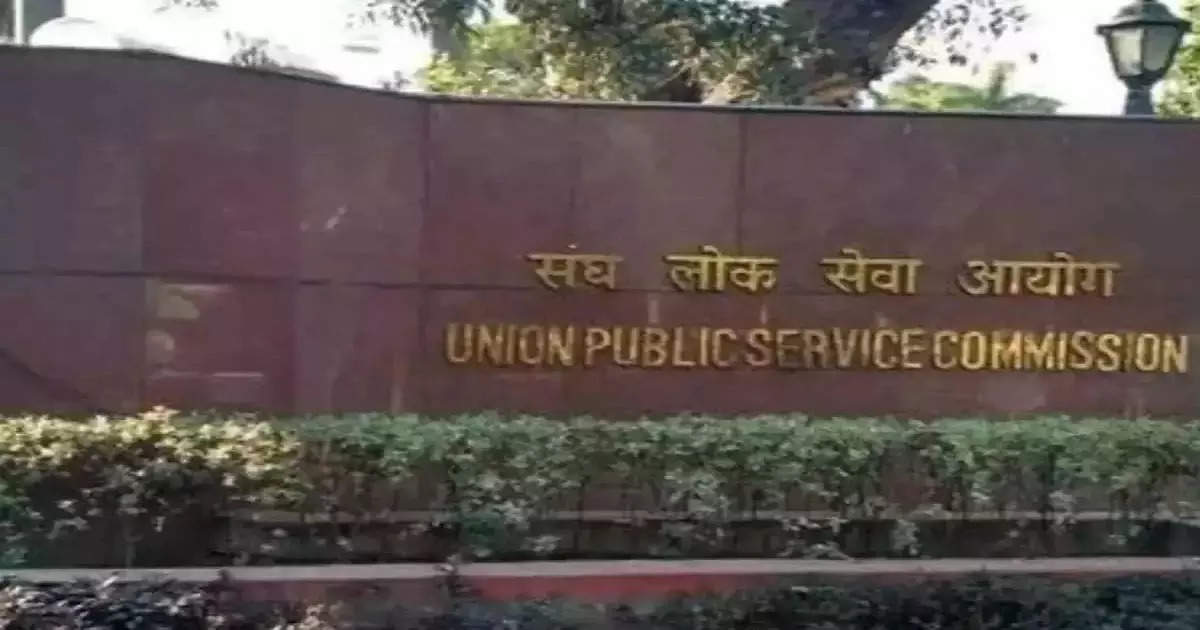UPSC CSE Mains 2023 GS Paper IV tomorrow: In-depth preparation strategy and last-minute tips – Times of India
General Studies (GS) Paper IV exam syllabus
The General Studies Paper IV covers the areas of:
This paper assesses the candidate’s approach to concerns of integrity and probity in public life. It also assesses the candidate’s problem-solving and conflict-resolution skills. Here is the subject-wise breakdown of topics.
Exam structure for UPSC Mains GS paper IV
The paper is structured into two sections, each comprising 12 questions. It is mandatory to attempt all questions. These questions fall into two categories: direct concept questions- involving grasp of ethical issues and notions concerning integrity and aptitude and case studies- which requires the use of those principles in circumstances involving the candidate and other stakeholders such as politicians, pressure organisations, the general public, and others. The total marks for this paper amounts to 250.
The questions are further divided into those carrying 10 marks and those with 20 marks. Responses to the 10-mark questions should be limited to 150 words, while the 20 mark questions should be answered in no more than 250 words. Importantly, the specific nature of these questions varies from year to year, making the paper’s content dynamic and diverse.
Last-minute preparation and revision tips
For this paper, understanding the concepts and being able to apply them in real-world situations is key. The easiest way to crack this paper is by applying ethical principles to real-world scenarios. Your judgement will reflect how you think critically, as providing balanced arguments is crucial in this paper. Here is your foolproof strategy to effectively prepare for the paper. Start by going through each topic and subtopic one by one. Ensure you have a good grasp of the key concepts within each area.
Notes compilation: Review your existing notes and compile them in an organised manner. Use short, crisp sentences and avoid unnecessary repetition.
Attempting case studies: Practise solving case studies related to ethical dilemmas in public and private relationships, governance, and international relations. Analyse the ethical issues involved and the possible solutions. Ensure you consider both sides of the argument, as per your profile’s requirement.
Great leaders’ lessons: Focus on the lessons from the lives and teachings of great leaders, reformers, and administrators. Understand how they exemplified ethical values in their actions.
Attitude and emotional intelligence: Study the content, structure, and function of attitudes. Learn how attitudes influence thought and behaviour. Understand the importance of emotional intelligence in governance. Provide examples where relevant.
Contributions of thinkers and philosophers: Brush up on the contributions of philosophers and moral thinkers from India and the world to the concepts of morality. Connect their ideas to contemporary ethical issues.
Public service values: Study the foundational values of civil service, such as integrity, impartiality, objectivity, and dedication to public service. Relate these values to practical scenarios.
Ethical governance: Understand the ethical concerns and dilemmas in government and private institutions. Be familiar with laws, rules, regulations, and the role of conscience in ethical decision-making.
Probity in governance: Review the challenges of corruption, citizen’s charters, codes of conduct, and codes of ethics. Understand the concept of public service and the importance of information sharing and transparency in government.
Work culture: Examine the role of work culture in promoting ethical values in governance. Understand the utilisation of public funds and the quality of service delivery.
Effective revision: Allocate dedicated time for revision. Focus on key concepts, case studies, and ethical theories. Use mnemonic techniques or flashcards if they help you remember key points.
Discussion and peer review: Discuss ethical scenarios and case studies with peers or mentors. This can provide diverse perspectives and enhance your understanding.
Time management: Allocate time wisely for each section of the paper. Don’t get stuck on a single question; move on if you find a question challenging and return to it later.
Stay calm and confident: During the exam, read each question carefully, and structure your answers logically. Remember to provide balanced arguments as per your profile’s requirement. Prioritise your physical and mental well-being. A healthy body and mind are essential for performing well in the exam.
function loadGtagEvents(isGoogleCampaignActive) { if (!isGoogleCampaignActive) { return; } var id = document.getElementById('toi-plus-google-campaign'); if (id) { return; } (function(f, b, e, v, n, t, s) { t = b.createElement(e); t.async = !0; t.defer = !0; t.src = v; t.id = 'toi-plus-google-campaign'; s = b.getElementsByTagName(e)[0]; s.parentNode.insertBefore(t, s); })(f, b, e, 'https://www.googletagmanager.com/gtag/js?id=AW-877820074', n, t, s); };
window.TimesApps = window.TimesApps || {}; var TimesApps = window.TimesApps; TimesApps.toiPlusEvents = function(config) { var isConfigAvailable = "toiplus_site_settings" in f && "isFBCampaignActive" in f.toiplus_site_settings && "isGoogleCampaignActive" in f.toiplus_site_settings; var isPrimeUser = window.isPrime; if (isConfigAvailable && !isPrimeUser) { loadGtagEvents(f.toiplus_site_settings.isGoogleCampaignActive); loadFBEvents(f.toiplus_site_settings.isFBCampaignActive); } else { var JarvisUrl="https://jarvis.indiatimes.com/v1/feeds/toi_plus/site_settings/643526e21443833f0c454615?db_env=published"; window.getFromClient(JarvisUrl, function(config){ if (config) { loadGtagEvents(config?.isGoogleCampaignActive); loadFBEvents(config?.isFBCampaignActive); } }) } }; })( window, document, 'script', );
For all the latest Education News Click Here
For the latest news and updates, follow us on Google News.


